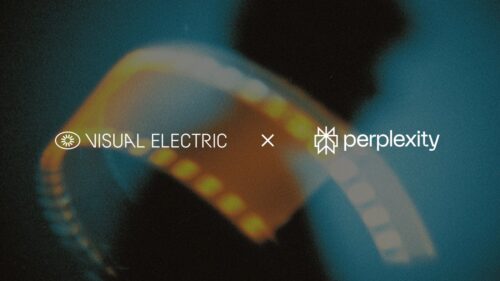
Perplexity AI to Compete with OpenAI’s Sora and Google’s Nano Banana
In a significant development in the AI industry, Perplexity AI has acquired Visual Electric, an AI-powered image and video generation platform. This move positions Perplexity to compete directly with OpenAI’s Sora and Google’s Nano Banana in the rapidly evolving generative AI landscape.
Visual Electric to Wind Down Operations
Visual Electric, founded by Colin Dunn and Adam Menges, will cease its current operations over the next 90 days. During this transition period, users will retain access to their accounts and data. Annual subscribers will receive prorated refunds, and all users will have the opportunity to export their data. The Visual Electric team will join Perplexity to form a new “Agent Experiences” group, focusing on developing enhanced consumer product experiences for Perplexity and Comet users.
Perplexity’s Strategic Expansion
Perplexity AI, known for its AI-powered search engine, has been expanding its capabilities to include AI-driven image and video generation. The acquisition of Visual Electric is part of Perplexity’s broader strategy to enhance its multimedia content offerings and compete with industry leaders like OpenAI and Google.
Industry Implications
The acquisition underscores the intensifying competition in the AI content generation sector. With major players like OpenAI and Google already making strides in AI image and video generation, Perplexity’s move signals its commitment to capturing a share of this market. As AI advances, demand for efficient content generation grows, making now ideal for Perplexity to expand its offerings.
What is Visual Electric?
Visual Electric is an AI-powered image and video generation platform tailored specifically for designers, artists, and creative professionals. Unlike stock libraries, it quickly generates photorealistic, stylized, or artistic visuals for designers, branding, and advertising.
The platform features an intuitive, generative canvas interface that enables users to create and refine artwork through prompts. This approach allows for a more visual, hands-on creative process, aligning with the non-linear and iterative nature of design work.
